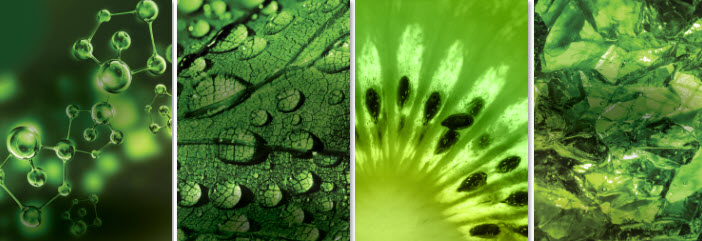The challenge:
Saving flocculent in spite of difficult sludge conditions
Treating waste paper to produce graphic recycling grades is a complex matter. In the so-called deinking process, for example, printing ink is removed from old newspapers with the aid of chemicals and then discarded, creating sludges containing printing ink, filler particles and other contaminants as a residual product that is difficult to dewater. These sludges cannot be dewatered successfully by mechanical means without adding flocculents. Due to the varying sludge quality and volumes, the flocculent dosage has to be adjusted frequently. If this is not done efficiently, flocculent is wasted. The LEIPA Group is a family business with over 170 years of passion invested in environmentally-friendly
processes and technologies and operates numerous dewatering machines – primarily gravity tables, disc filters and screw presses – manufactured by ANDRITZ. In 2016, LEIPA decided to tackle the issue of flocculent dosage. In addition to optimizing flocculent dosage, LEIPA set itself the target of increasing the degree of equipment automation at their facility in Schwedt. In search of an innovative solution that achieves both goals, they discussed the matter with longtime partner ANDRITZ and discovered the newly developed and ideal system for this purpose: Metris addIQ RheoScan.









